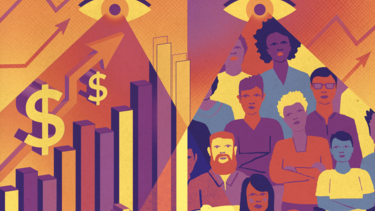All Insights Articles
Why Making Banking Data Portable Isn’t Always Good for Borrowers
In theory, rules requiring banks to share consumer data with third parties increase competition and help consumers. In practice, it’s not so simple, according to a new study co-authored by Yale SOM’s Jidong Zhou.
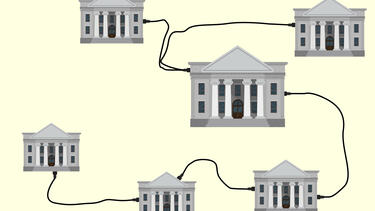
The Myth of Putin as World Energy Czar Is Running Out of Gas
Media commentary suggests that Russia is using its energy resources to hold the rest of the world hostage. To the contrary, write Yale SOM’s Jeffrey Sonnenfeld and Steven Tian, Russia’s actions have devastated its own economy and undermined its status as an energy exporter.
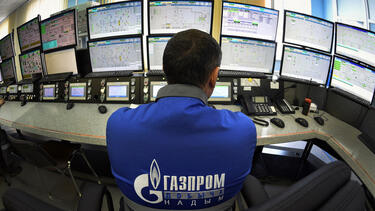
To Be Happier at Work, Think Flexibly about Your Job—and Yourself
In a new paper, Yale SOM’s Amy Wrzesniewski and her co-authors find that well-being can be enhanced by pairing a shift in your job mindset with changes in how you think about your own strengths and weaknesses.
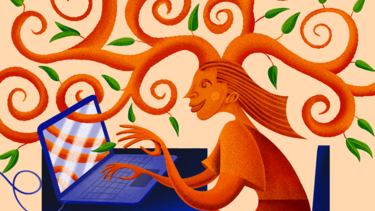
How Superintendents Can Restore Public Trust in Schools
Despite challenges like the scorched-earth debates on curricula, Caitlin Sullivan ’13, co-founder of Leading Now, sees superintendents as uniquely positioned to cross lines of difference and find common ground.
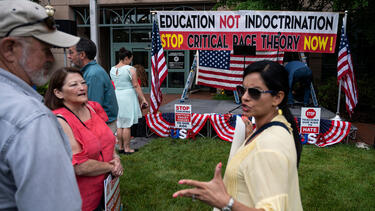
Startup Founders Are at a Disadvantage When Applying for Jobs
Yale SOM’s Tristan Botelho found that firms are less likely to reply to applications from startup founders than non-founders.
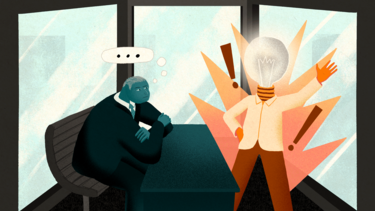
Are the Companies That Promised Withdrawal from Russia Following Through?
In some cases, those pledges have not been fully honored, Jeffrey Sonnenfeld’s team has found. He writes that boards play a key oversight role in ensuring that companies genuinely end their exposure.

Seth Goldman on the Not-So-Sweet End of Honest Tea
Seth Goldman called Coke’s decision to discontinue Honest Tea a “gut punch.” But the outcry from disappointed fans of the not-too-sweet drink have inspired him to return to tea.
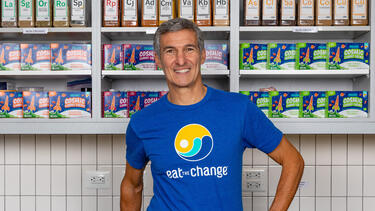
Quickly Disclosing Bad News Could Help Companies Benefit from Market Signals
Consistently releasing negative forecasts promptly could change trader incentives and ultimately help a company gather more strategic information from the market, according to a new study co-authored by Yale SOM’s Zeqiong Huang.

Why Does Spending on Drugs Keep Going Up?
Eric Tichy ’18, vice chair of pharmacy formulary at the Mayo Clinic, explains what’s driving pharmaceutical spending and what the trends mean for patients, providers, and pharma companies.

Making the ‘Business Case for Diversity’ Can Backfire with Underrepresented Groups
Many companies say that they are committed to diversity because it boosts firm performance. In a new study, Oriane Georgeac at Yale SOM and Aneeta Rattan at London Business School find that this explanation can have detrimental consequences for the very applicants that companies seek to attract.
